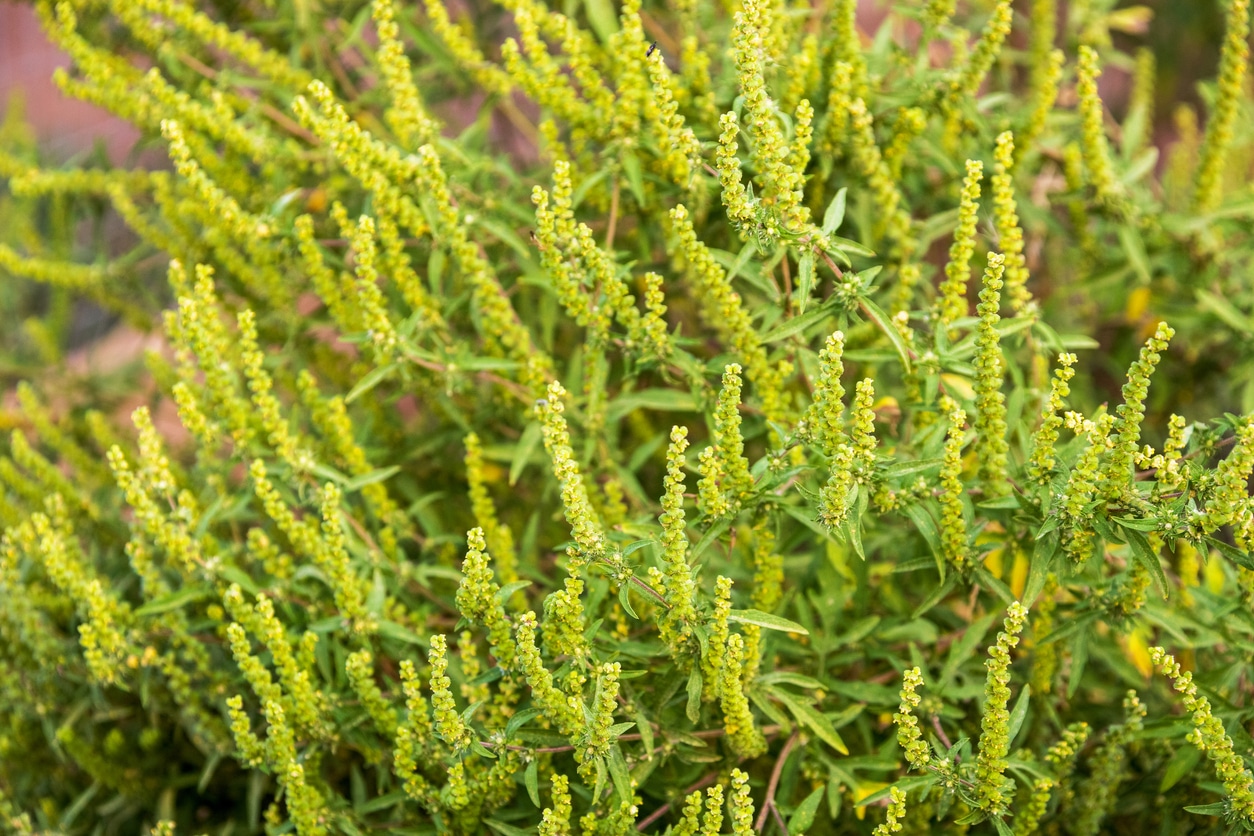Most people associate allergies with the spring and summer, focusing mostly on tree and grass pollen. But fall comes with its own set of allergies. Some of the most common plants responsible for fall allergies include ragweed, cocklebur, pigweed, tumbleweed, nettle and sagebrush.
Allergen counts vary by region, but St. Peter’s can always count on ragweed pollen in the fall. Let’s take a look at fall allergy symptoms and how you can manage them moving into the season.
Fall Allergy Symptoms

Fall allergy symptoms are the same as spring symptoms. They may include a runny or stuffy nose, itchy eyes, sneezing, skin rash or postnasal drip (where mucus drips to the throat).
How To Manage Fall Allergies
Try a few of the following tips to minimize your contact with allergens and relieve your symptoms:
- Use window screens. If you’re craving some crisp fall air but don’t want to welcome pollen into your home, try swapping your regular window screens for an allergen-blocking option.
- Shower and change your clothes. When you spend time outdoors, maybe wandering around the Missouri Botanical Garden, allergens can attach to your skin, hair and clothes. Shower and change your clothes when you get home to help prevent pollen from spreading around your house.
- Wash your hands. Wash your hands regularly when you’re outside the home, especially when doing yardwork, and do your best to avoid touching your eyes or face.
- Clean your home. Vacuum, sweep and mop your home regularly to remove pollen buildup.
In addition to limiting your contact with allergens, there are a couple of medical options to help you manage your symptoms:
- Daily allergy medication. Allergy medications like decongestants, antihistamines and nasal sprays provide short-term symptom relief. If you have eye-related symptoms, antihistamine eyedrops are a great option.
- Immunotherapy. Allergy immunotherapy is a long-term treatment to minimize your sensitivity to specific allergens like pollen. It works by introducing increasing amounts of allergens to your system to build up your tolerance. You can choose allergy shots or drops placed under the tongue to deliver the treatment. While immunotherapy is a long-term commitment, the symptom relief is well worth the wait.
If you’re dealing with fall allergies, contact Midwest ENT Centre today to schedule an appointment with one of our specialists.